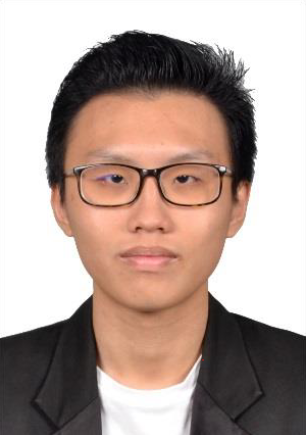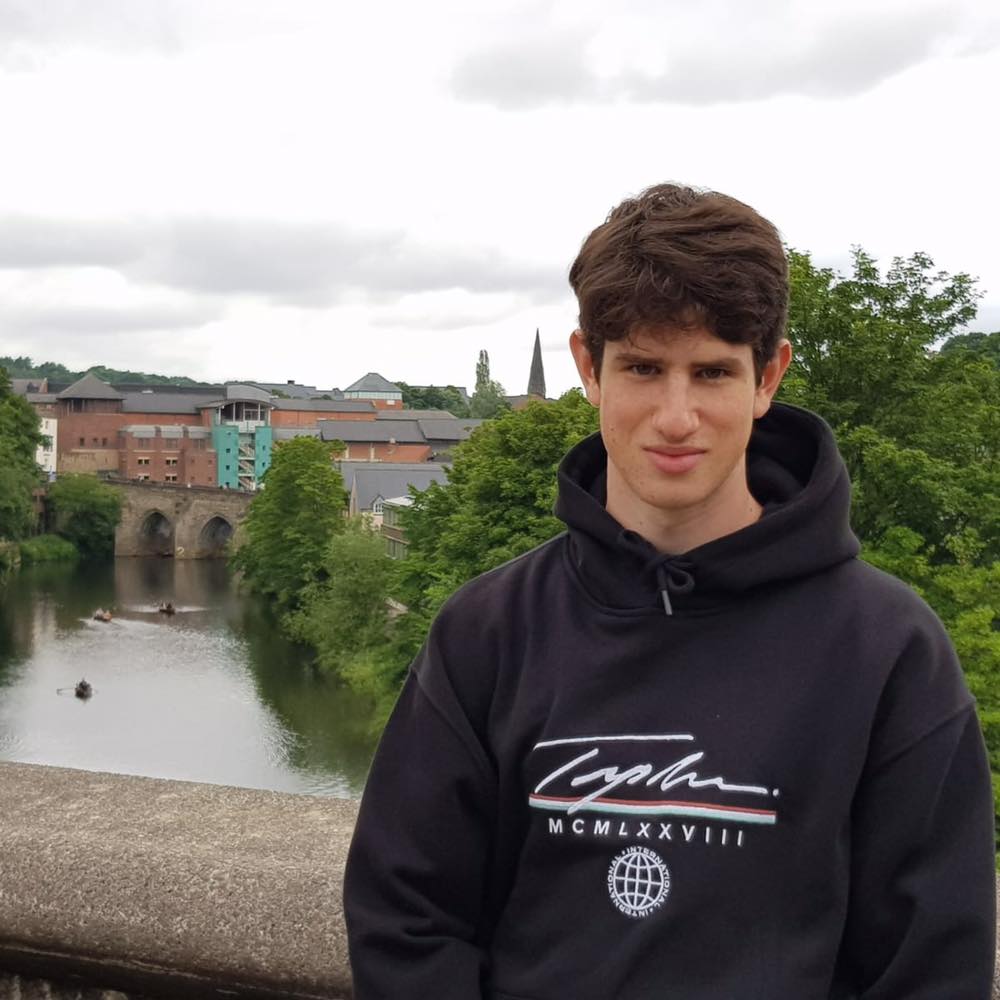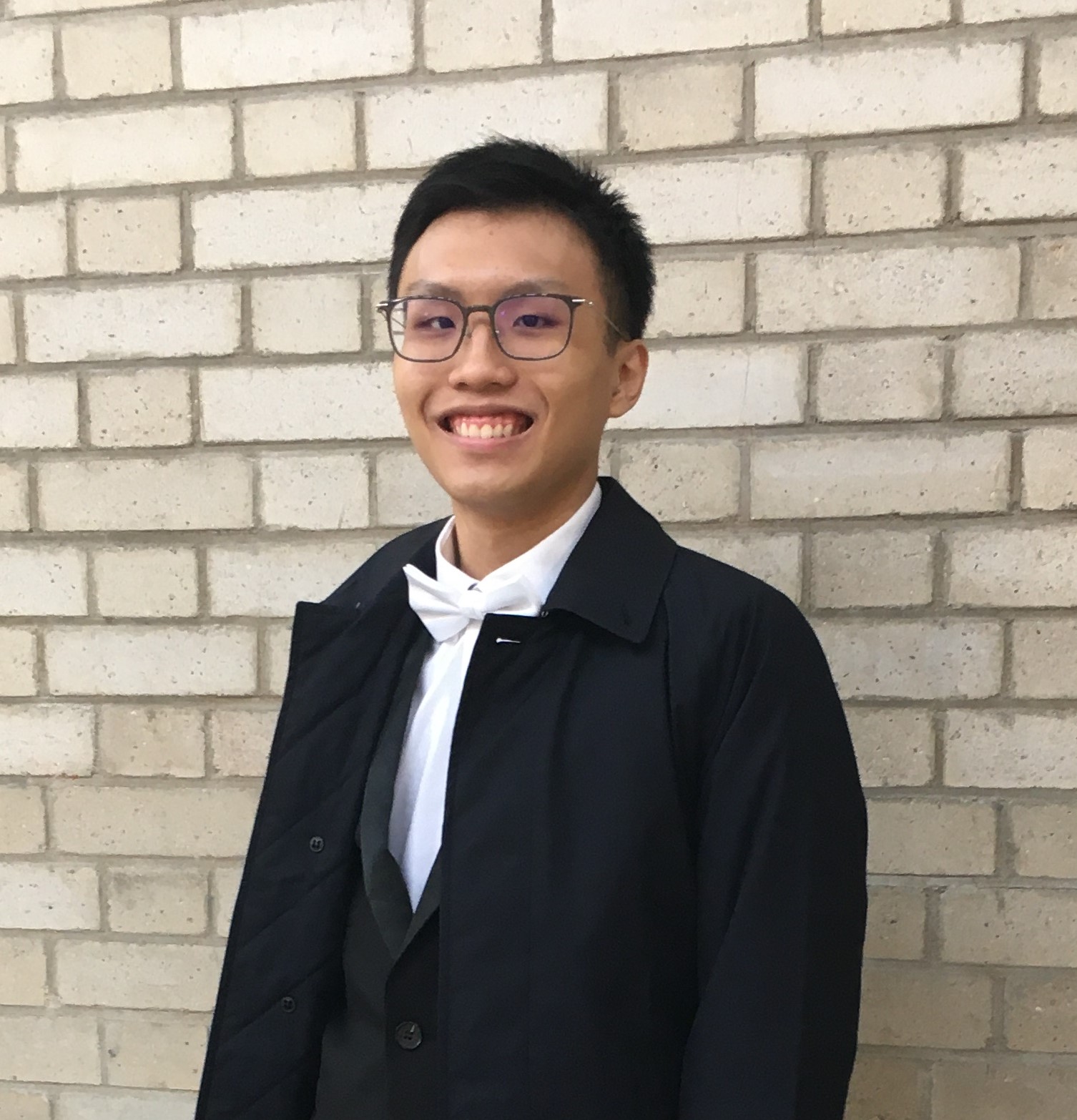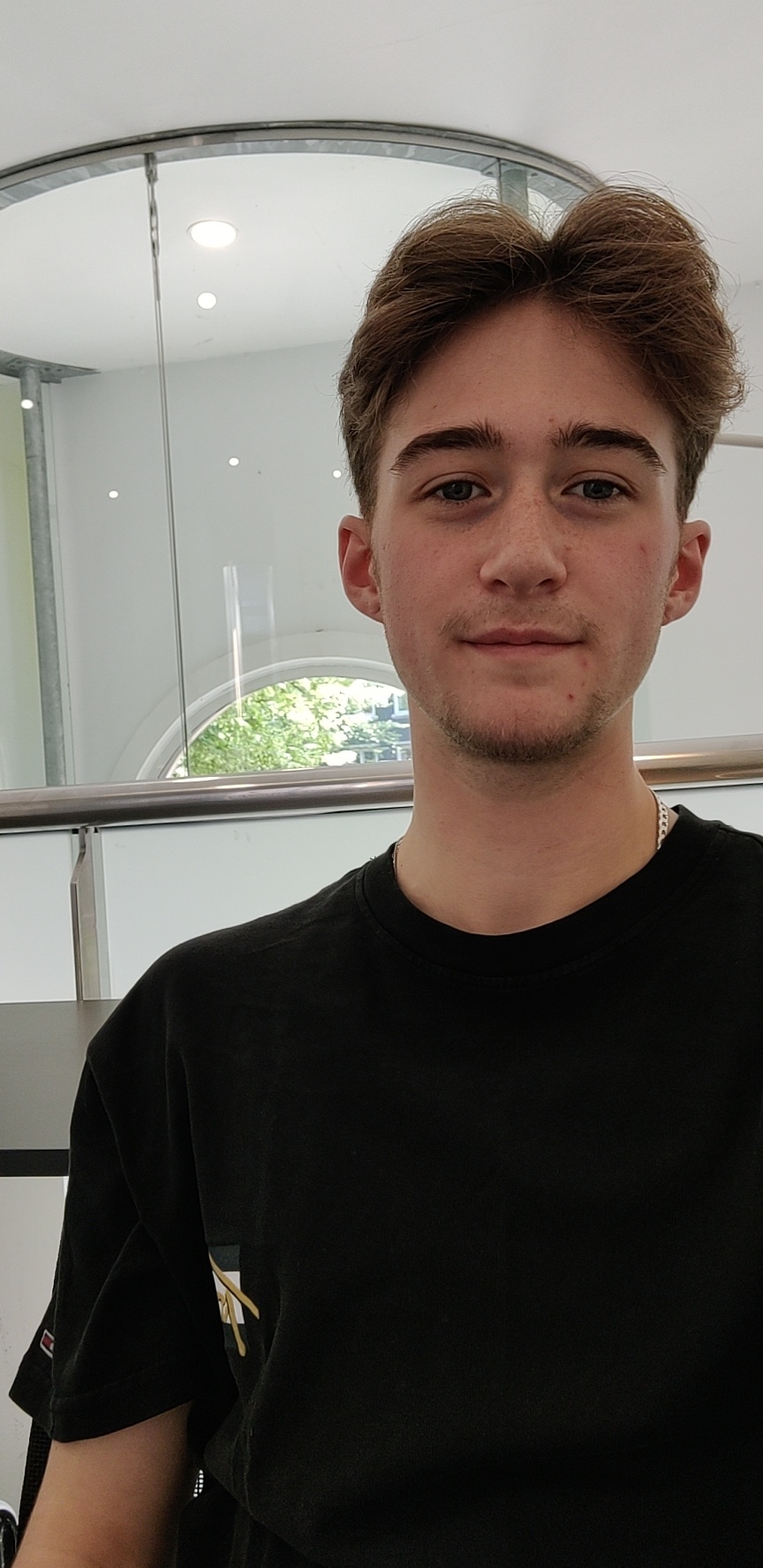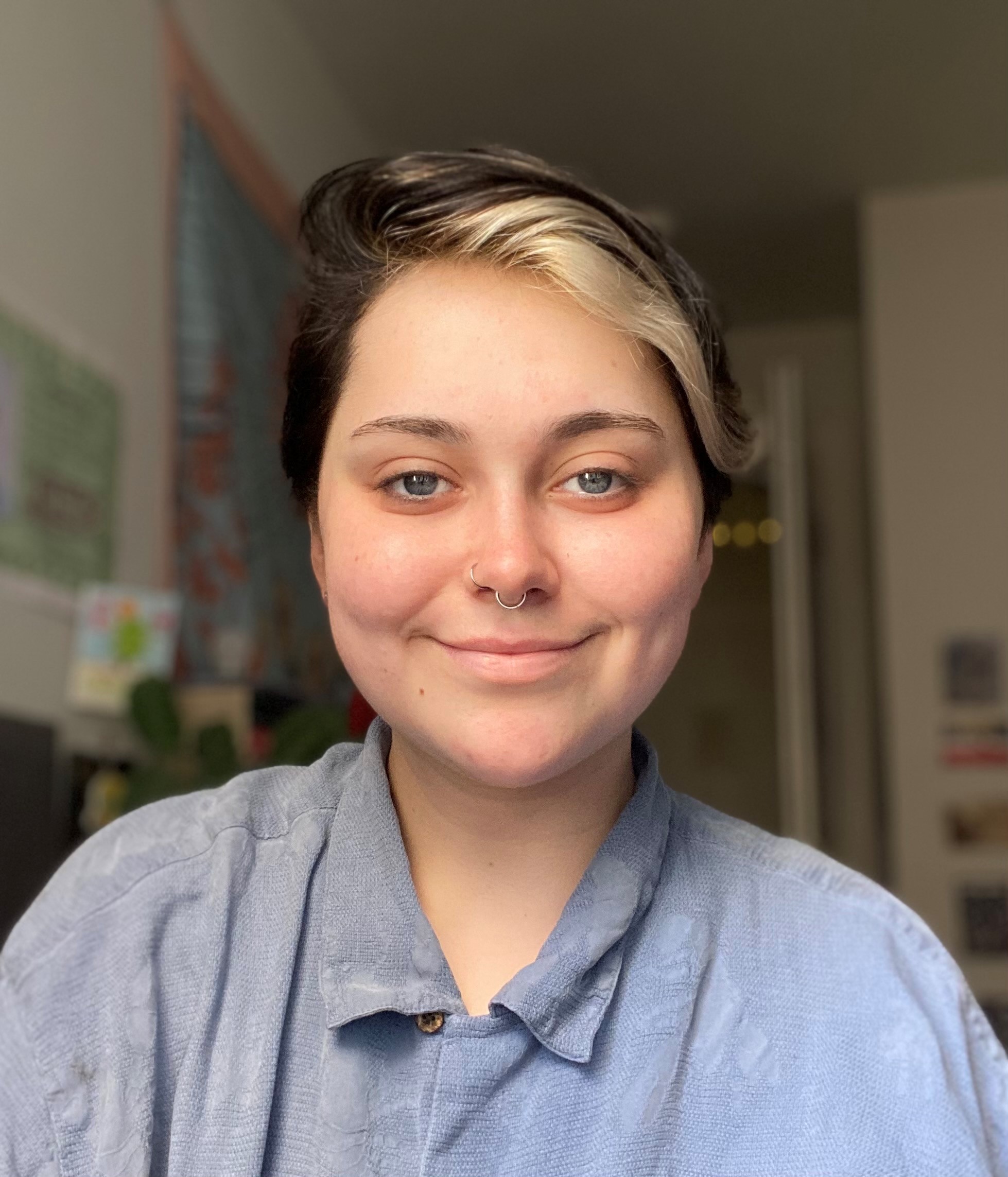Host: Northumbria University – Bing Zhai (Computer and Information Sciences)
This research proposal focuses on an innovative summer internship project designed to develop a data processing pipeline for transforming 3D optical motion capture data into wearable sensor data, including accelerometer and gyroscope outputs, for individuals with Parkinson’s disease (PwP). The project’s first objective is to construct a pipeline that converts 3D optical positional data into SMPL-based motion data utilising existing tools such as Soma and Mosh++. The second objective involves using the PIP to derive wearable sensor data from the SMPL models, enabling human motion reconstruction in a format accessible for real-world application. The revised final goal is to assess the existing motion synthesis algorithms’ performance in reconstructing human motion for the PwP population by identifying and understanding the error margins when these algorithms are applied to patient data. This adjustment shifts the focus from refining algorithms to a comprehensive evaluation of their current capabilities and limitations, offering valuable insights for future enhancements. By analysing clinical gait assessment data from individuals with Parkinson’s, this project seeks to bridge the gap in research that often overlooks the specific needs of this population, thereby enhancing the understanding of disease progression and fall risk assessment through improved data analysis techniques.

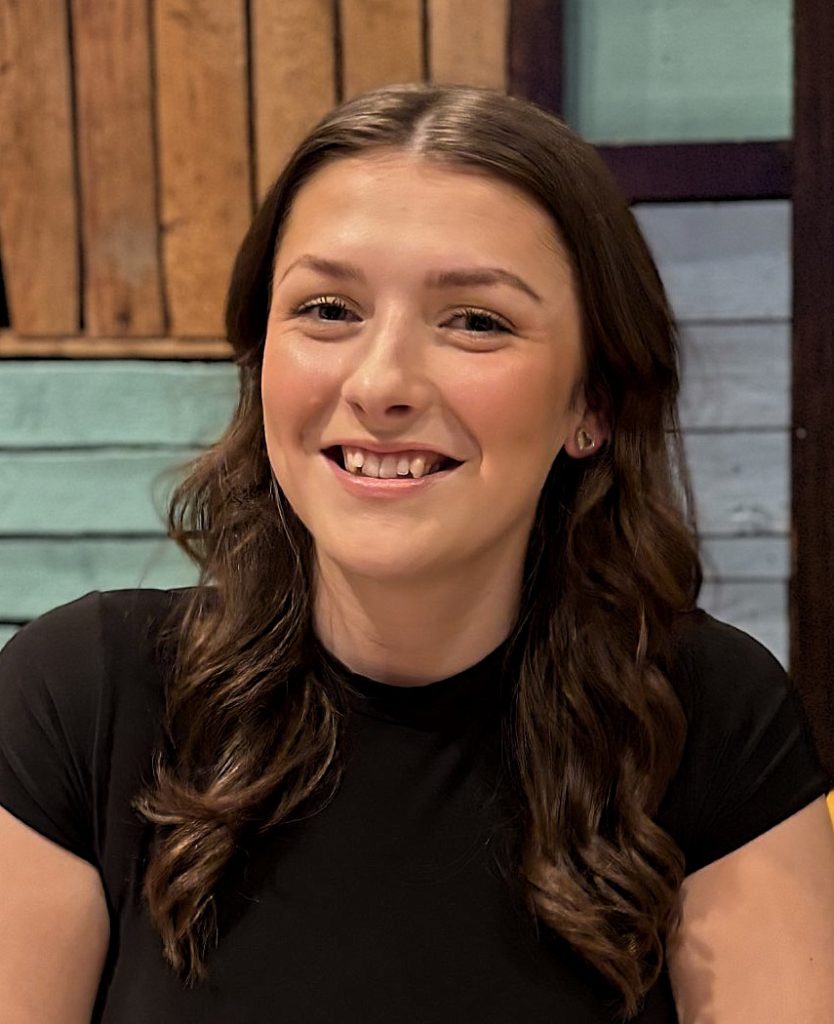 “It was interesting working with such large amounts of data as I had never done this before, and working with big data sets is definitely a good skill to have in data science,”
“It was interesting working with such large amounts of data as I had never done this before, and working with big data sets is definitely a good skill to have in data science,” 